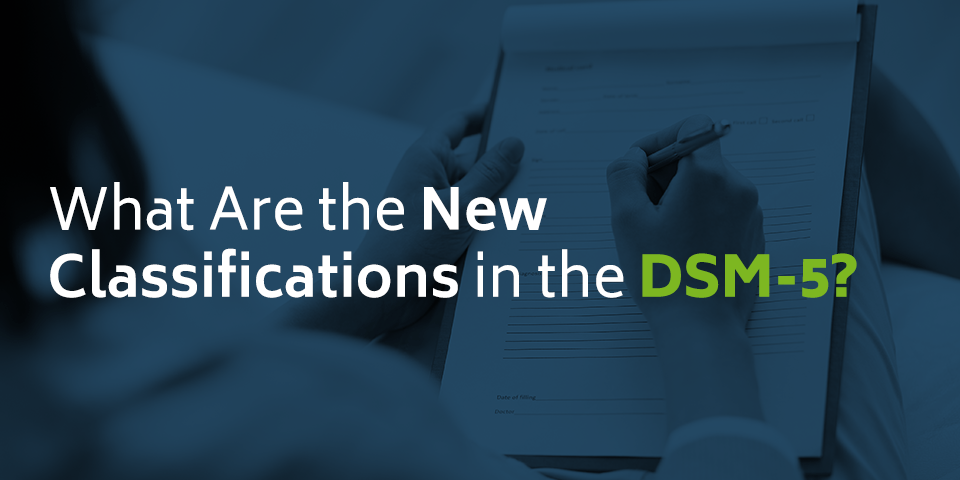

Recurrent depression can be treated the same way as bipolar depression with the use of mood stabilisers particularly lamotrigine for long term maintenance and prevention.īipolar depression for people with bipolar I and mixed states/rapid-cycling should never be treated with antidepressants.Īntidepressants have little evidence of effectiveness for the long term maintenance treatment of bipolar depression. Major Depressive disorder responds very favourably to antidepressants as you rightly say. Might even go into provocation resulting in major depressive episodes which may last as long as the person has not come to terms with, for instance a tragic loss, whereas recurrent depression will come and go with or without provocation. Goodwin and Kay Redfield Jamison.įor me there seems to be a difference in many areas specifically family history, symptomatology, as well as treatments. There is a good discussion as you probably know in Manic-Depressive Illness by Frederick K. Perhaps the discussion should be centred on the difference between recurrent depression and major depressive disorder. And I don’t think it reflect the reality of patients, doctors or treatments at all. If we admit that patients do not fit nicely into boxes (and we do admit that, that is why there is a diagnosis of “ not otherwise specified”) then why are we just creating higher walls on said boxes? It’s silly. Nevertheless, I think forgetting that bipolar and depression are on ends of a spectrum does a disservice to patients and to research where this concept could be critical to our understanding of affective disorders in general.Īnd moreover, it has never been made clear to me what the advantage of the separation is. Now, I suppose when it comes down to it, it’s a philosophical difference because I highly doubt it will change prescribing practices one bit. Many people with depression are on effective medications other than antidepressants.) And should anything but antidepressants be tried on just a straight major depressive population? If depression really were completely separate from bipolar disorder then why would anyone with depression have a beneficial reaction to anything other than antidepressant medication? (And this is often the case.

What I’m saying is that the idea of a depression / bipolar dichotomy is false and this matters because of the implications to treatment. The Problem with a Depression / Bipolar Dichotomy But, as I said, they are no longer grouped. So it makes all the sense in the world to group these disorders together. So we all have depression but some of us have these other odd moods too – to varying degrees. Indeed, the fact that we have multiple versions of bipolar disorder, each “less manic” than the next, suggests that depression is the outstanding feature of all and the mania is the variable. I think it’s entirely possible to be diagnosed with depression with just a soupçon of bipolar disorder thrown in there for colour. You see, it is my belief that bipolar disorder is not so much separate from major depression as much as the two are at either ends of a spectrum, like so:īecause it’s clear to me that bipolar disorder doesn’t just come in three flavours: bipolar I, bipolar II and cyclothymia, it also comes in a myriad of textures in between. This may seem like a small change, and I’m not going to have a fit over it, but I will say that I think it was the wrong move.ĭepression and Bipolar Disorder – Separate but Equal Now they each represent a separate category. No longer is there a chapter called “Mood Disorders” with both disorder types listed (Can we still call them mood disorders?). The DSM-5 Cuts the Chord between Depression and BipolarĪnd one of the changes in the DSM-5 is the separation of major depression and bipolar disorder into their own chapters.

In other words, some of the changes in the DSM-5 can change how people fundamentally think of certain mental illnesses. Now, the DSM-5 has been controversial from the get-go and I have said that much of this controversy is overstated, but some of the changes do have fundamental nosological implications. It lists the criteria one has to have in order to be diagnosed with a mental illness.Īnd, as the name of this post suggests, the DSM is releasing its fifth major version – the DSM-5 – in just a couple of weeks. I would suggest that the DSM is simply a guideline for the diagnosis of mental illness.
Bipolar disorder dsm 5 manual#
The Diagnostic and Statistical Manual of Mental Disorders (the DSM) is frequently called psychiatry’s “bible.” I, however, would not pen it that way.


 0 kommentar(er)
0 kommentar(er)
